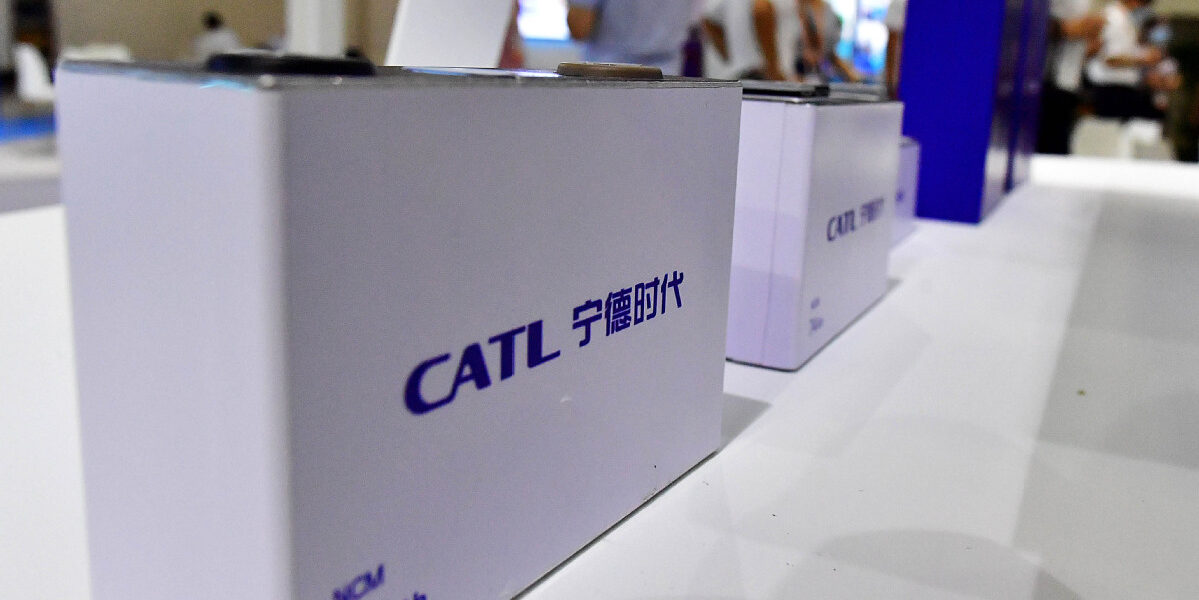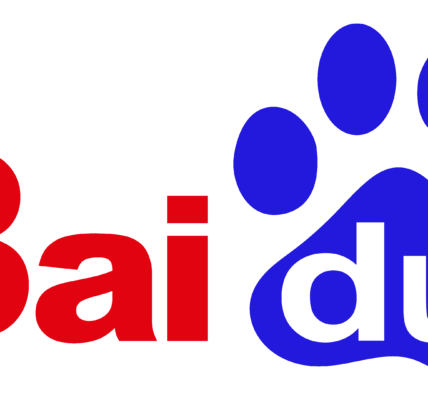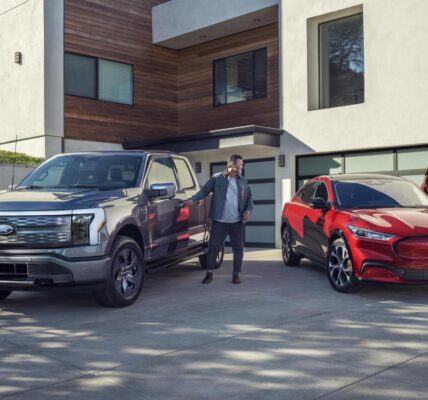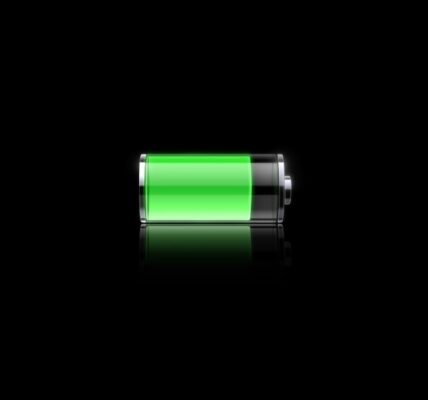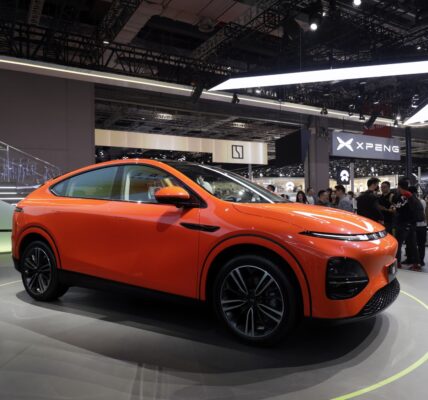The world’s biggest maker of batteries for electric vehicles (EVs), Contemporary Amperex Technology (CATL), will set up a research and development centre in Hong Kong, the Post has learned.
The establishment of the centre would mark another win for a push by authorities to turn the city into an innovation hub, following the announcement of a similar move by UK drug giant AstraZeneca.
The CATL centre, to be established at the Hong Kong Science Park, is expected to recruit about 500 staff and begin operating next year at the earliest, according to a government source familiar with the situation.
“The company is a giant in the industry and it aligns with the city’s development strategy to encourage the use of vehicles powered by clean energy,” the source said.
“Research and development is a start, production in the city is the next step for exploration.”
More details are expected to be revealed in a ceremony on Thursday when CATL, the Fujian-based EV battery giant, will sign a memorandum of understanding with local authorities.
Financial Secretary Paul Chan Mo-po is understood to have met the company’s representatives earlier this year to discuss possible investments in Hong Kong.
CATL accounts for the largest share of the global EV battery market, according to analysts. It supplies major carmakers including Volkswagen AG, BMW, Nissan Motor and Tesla.
It announced in August that it would start producing the world’s fastest-charging EV battery by the end of 2023, two years after unveiling the first sodium-ion battery – a new technology using cheaper raw materials to save production costs.
Hong Kong has been stepping up efforts in luring foreign investment. Last month, the government’s Office for Attracting Strategic Enterprises announced that it had attracted more than 30 foreign and mainland Chinese companies which pledged to invest about HK$30 billion (US$3.8 billion) in the city, including the UK drug giant AstraZeneca.
CATL’s plan to set up a research centre in Hong Kong comes as the EV battery firm diversifies its markets amid intensifying geopolitical risks, the latest example being its collaboration with Ford Motors in the United States.
Ford’s plan to use technology developed by CATL at its new US$3.5 billion EV plant in Michigan has been questioned by some US lawmakers, who have asked the Biden administration to review the licensing agreement to ensure no subsidies under the country’s Inflation Reduction Act (IRA) will be given to the Chinese company.
The IRA was signed into law by Biden last year and is regarded as the most significant effort in US history to curb the effects of climate change, with US$360 billion allocated for a shift towards renewable energy.


